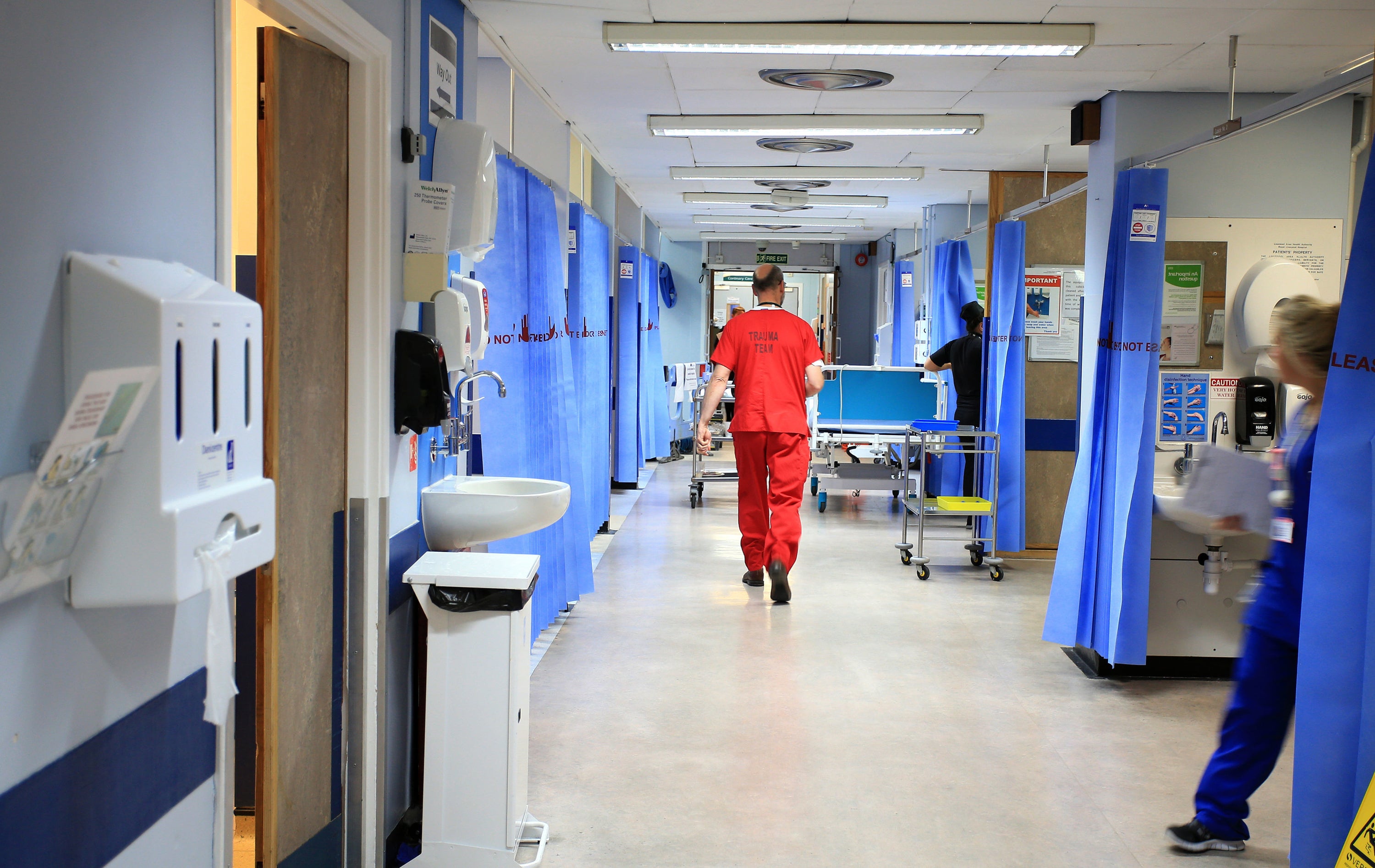UK hepatitis cases: 222 children now affected
A further 25 cases have been confirmed.

Your support helps us to tell the story
From reproductive rights to climate change to Big Tech, The Independent is on the ground when the story is developing. Whether it's investigating the financials of Elon Musk's pro-Trump PAC or producing our latest documentary, 'The A Word', which shines a light on the American women fighting for reproductive rights, we know how important it is to parse out the facts from the messaging.
At such a critical moment in US history, we need reporters on the ground. Your donation allows us to keep sending journalists to speak to both sides of the story.
The Independent is trusted by Americans across the entire political spectrum. And unlike many other quality news outlets, we choose not to lock Americans out of our reporting and analysis with paywalls. We believe quality journalism should be available to everyone, paid for by those who can afford it.
Your support makes all the difference.A further 25 cases of hepatitis have been confirmed in children aged 10 and under, the UK Health Security Agency (UKHSA) has said.
It brings the total number of cases across the UK to 222, as of Wednesday May 25.
Of the confirmed cases of sudden onset hepatitis, 158 are resident in England, 31 are in Scotland, 17 are in Wales and 16 are in Northern Ireland, the UKHSA said.
The cases are mainly in children under five, who showed initial symptoms of gastroenteritis illness (diarrhoea and nausea) followed by jaundice.
No children have died.
A small number of children aged over 10 are also being looked into as part of UKHSA’s investigation.
The UKHSA is investigating whether prior Covid infection is behind the surge, but said there was “no evidence” of the condition being linked to Covid vaccinations.
Our investigations continue to suggest an association with adenovirus
Scientists had also been looking into a link between the hepatitis cases and dogs, but ruled it out last week.
A more likely culprit is thought to be adenovirus, a common virus which causes infection.
Dr Renu Bindra, the UKHSA’s incident director, said parents should be “alert” to the symptoms of hepatitis.
Dr Bindra said: “Our investigations continue to suggest an association with adenovirus, and we are exploring this link, along with other possible contributing factors including prior infections such as Covid.
“We are working with other countries who are also seeing new cases to share information and learn more about these infections.
“We continue to remind everyone to be alert to the signs of hepatitis, particularly jaundice – look for a yellow tinge in the whites of the eyes, and contact your doctor if you are concerned.”